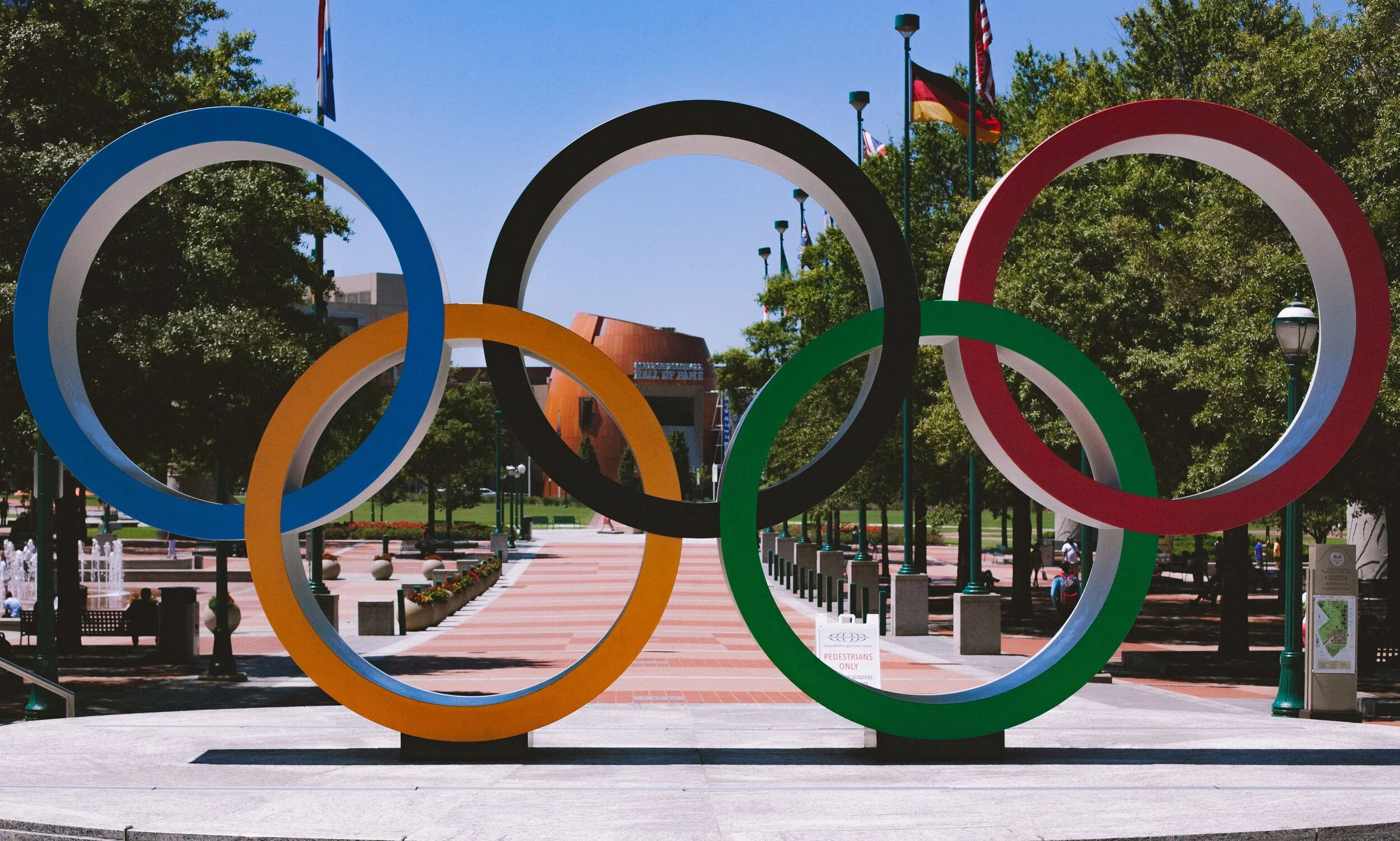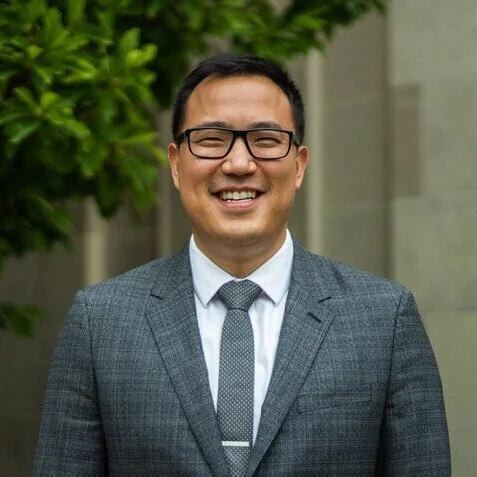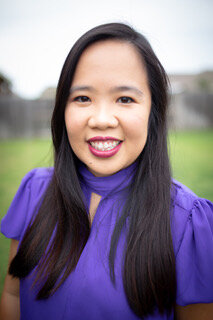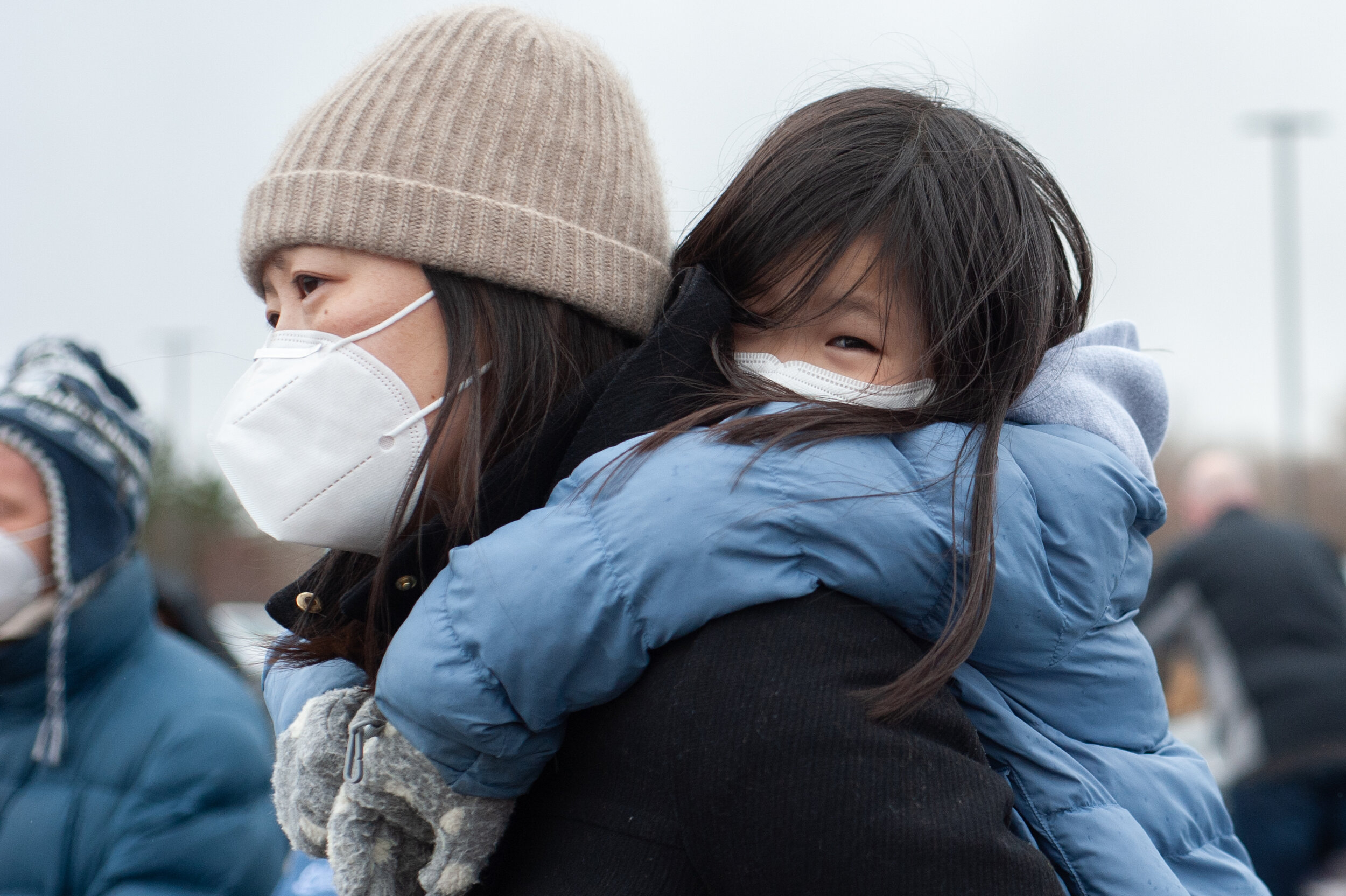From Rosa Parks’ arrest and the Civil Rights movement to the death of George Floyd following the murders of Trayvon Martin, Botham Jean, Tamir Rice, Ahmaud Arbery, Breonna Taylor, and many others leading to the Black Lives Matter movement, moments emerging from long histories of systemic ills have often catalyzed a new or resurging movement toward societal progress.
On March 16, 2021, a white man professing to be Christian took out his frustrations with sexual temptation against Asian women, murdering six Asian American women as well as two more people. Situated in a period of overt anti-Asian hate and violence from the scapegoating of Asians during the COVID-19 pandemic, the Atlanta shootings seem to be the tragic moment and tipping point through which many Asian Americans are rising to declare that enough is enough. We must refuse to live in fear and should not wait for permission to proclaim that we belong.
As the shootings devastated the families and friends of the loved ones who were killed, the shocking incident also unlocked the deep collective trauma that the broader Asian American community had suppressed for too long.
In reflecting upon this, Jessica expressed that for some of us, it is perhaps the first time we feel we’ve been allowed to be sad and angry about the anti-Asian racism we have endured throughout the centuries of Asian American history. I (Raymond) witnessed this reality firsthand among the Asian American students I serve as a campus minister at Wheaton College. I also walked through this experience with friends, family, and numerous others across the nation reeling as they searched for guidance in processing and finding a way forward. Moreover, the shootings released the tears I, too, had held back throughout my decades of surviving and persisting as a perceived foreigner born in this country.
A Statement from Asian American Christian Collaborative
In response to the shootings, we wrote a “Statement on the Atlanta Massacre” to take a collective stand against the anti-Asian American hate. This statement garnered nearly 4,000 signatures in the first two weeks and is still available to sign and share.
Then, in a conversation with Atlanta-area pastors, it was clear that some in the Asian American Christian community in Atlanta wanted to facilitate a response. At their invitation, I participated in a call with other leaders in the Atlanta area that had already been scheduled, offering to provide support wherever they might find helpful. At the end of the call, we agreed to move forward with a March 28th date to initiate a gathering.
As we started to share about what might take place in Atlanta, leaders in other cities began to reach out or agree to facilitate a gathering at the same time as the Atlanta event. The momentum developed rapidly in the course of a week as our gathering in Atlanta grew into prayer rallies, marches, and events in Chicago, Los Angeles, New York City, San Francisco, Houston, Maryland, Washington, D.C., Detroit, Seattle, Austin, Dallas, Boston, and Minneapolis.
Standing Together on Palm Sunday 2021
On Palm Sunday, March 28, 2021, around 5,000 Asian American Christians and friends of our communities convened in the 14 different cities across the country at 4pm EST. We met to mourn the eight lives taken in the Atlanta-area shootings. We rallied to proclaim that these lives deserved to be regarded with respect and that they mattered simply because they were. Together, we stood against the anti-Asian racism that has spanned the centuries of Asian American history and resisted its perpetuation into our reality today.
This was a new moment in the history of the Asian American church.
As Asian American women and men organized, planned, gathered, shared, prayed, worshipped, and sought unity, the rallies became spaces where people could express lament, as well as experience hope, before God and with others. It was encouraging to hear about the ways that many people, in particular Asian American women, shared that they could express the grief, anger, and deep pain they had held within their bodies for so long. Asian American men also publicly acknowledged the ways they had failed to address – and even perpetuated – misogyny, chauvinism, and mistreatment against sisters in the body of Christ.
AACC Vice President Michelle Ami Reyes and we participated in the Atlanta rally. Michelle offered a moving overview of anti-Asian hate and violence throughout history. Many powerful speakers from the Atlanta area shared, including Andrea Cole, Irene Wong, Sam Kang, Jennifer Fero, David Park, and Peter Lim. Hannah An led us in worship. Latasha Morrison of Be The Bridge and Justin Giboney of AND Campaign, who have been friends of AACC from our inception, also participated in the program as a demonstration of solidarity.
Personally, for me (Raymond), the most powerful moment was having the privilege of sharing the stage with my wife Jessica. As her husband, it was profoundly moving to listen to her share with passionate conviction the ways that God has seen the many experiences of many Asian American women, as well as Asian Americans more broadly, and the ways in which we can move forward together. As with many of the other rallies, we concluded our time with the hope that the Asian American Christian community would more actively exercise our voices for the sake of the church and society.
As we dared to feel a glimmer of hopefulness, news broke the next day about a 65-year-old Asian American woman who was assaulted by an attacker as he yelled, “F*** you! You don’t belong here,” while stomping her head multiple times. We also witnessed three people, including a security guard, watch idly from inside a building and then close the door on her as she crawled to safety instead of immediately intervening. To make a devastating incident even worse, it had occurred in the same city where one of our rallies took place.
Our hearts sank.
Soon after, we saw the news of the Sikhs – a population of Asians who have faced significant discrimination and racism in the United States – who were killed in the Indianapolis shootings.
We had hoped that the statement AACC released in 2020 would have helped to curb some of the violence we anticipated would rise due to anti-Asian sentiments in the midst of the pandemic. We also hoped the many articles, podcasts, and resources AACC developed would help people to grow in awareness and understanding around racism directed towards Asian Americans – a racism that people often fail to acknowledge because it doesn’t fit within the Black-White binary paradigm. As we see the violence continuing to occur, it’s clear that there is a lot more work to do.
It is good to pause and praise God for what we saw on March 28, 2021, as Asian American Christians and churches throughout the country responded to the Atlanta area shootings. And it is important to note that this event has been in tandem with the efforts many are making across the country and world right now; we are not alone in this endeavor. However, we must continue the work to generate a movement for the sake of facilitating a kingdom reality that celebrates Asian American lives and dignity to the fullest extent.
The National Rally for AAPI Lives and Dignity should serve as a spark for more intentionality, prayerful activism, and thoughtful engagement as we move forward.
In addition to the AACC National Calls to Action shared at the recent rallies, Asian American Christians ought to do four things as we move forward:
Engage in advocacy and activism that disrupt patterns of excluding or aggressing against Asian Americans and constructively cultivates Asian American Christian presence including through civic, political, and public engagement.
Deepen local involvement and partnership with Christian as well as non-Christian groups for the sake of the common good.
Cultivate galvanizing momentum online by posting and sharing resources, events, and other opportunities for shared growth.
Continue leading with prayer and working together to strengthen our collective voice.
IT’S JUST TO LOVE OUR NEIGHBORS
The work of pursuing justice is an arduous and often unseen work. Yes, it certainly occurs when we organize and rally – and we certainly need to continue to do so. However, this is just one of the many ways we work to promote justice. Justice is enacted in the many sacred conversations and support efforts with individuals who have been crushed by unjust systems and structures. Justice is pursued as we dismantle bigotry within ourselves (Rom. 12), sacrifice our privileges (Phil. 2), work in solidarity with those who are marginalized and oppressed (Micah 6:8), and seek to live grounded in love and truth (Eph. 4:15). We can also advance justice by doing the slow and long work of discipling people into all of God’s truth, in love, so that they might more fully embody the kingdom of God in this world.
The National Rally to Stand for AAPI Lives and Dignity was a meaningful shared moment in the midst of tragedy. But as Dr. Martin Luther King, Jr. raised many decades ago, we must consider the question of, “Where will we go from here?” We invite you to partner with us at AACC so we can help transform this moment into a movement that honors God and those whom God calls our neighbors.








































